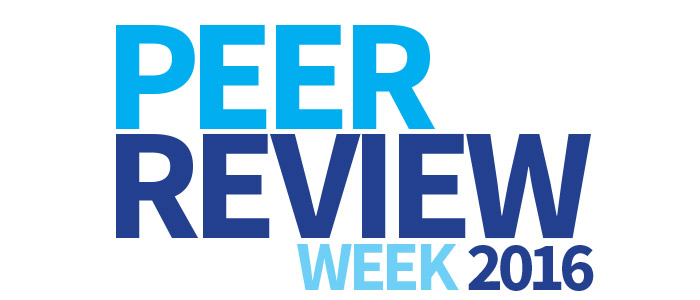Post provided by Jess Metcalf and Sean McMahon

The primary challenge Associate Editors face is finding Reviewers for manuscripts. When times get desperate, it may feel like anyone with a pulse will do! But of course the reality is that Reviewers need some relevant expertise. They also need to be able to carve out time from busy schedules. These two requirements are remarkably efficient at eliminating every name on a list of candidate Reviewers.
This Reviewer drought slows down the publishing process, and frustrates and stresses all involved. It also runs the risk of affecting quality – busy experts have no time to contribute to reviews of papers in their area, so manuscripts end up being reviewed hastily or by people in adjacent fields. However, so much effort goes into writing a manuscript (even a bad one), and so much in science depends fundamentally on the peer review process, that finding the right Reviewers is an important academic – and even ethical – obligation as Editors.
Collaborative Reviewing
The BES journals have always encouraged senior researchers to review manuscripts with the assistance of more junior members of their lab (or other relevant mentees). This week, that policy becomes formal. Here we want to clarify what this means, and spread the word widely.

There are two ways the Reviewer mentoring policy can be implemented. First, a senior scientist can decline the review but recommend a junior scientist (with the note that they are willing to help that person). If that person is contacted by the Editor and accepts, the senior researcher can then assist in the review. Senior researchers may also simply accept the review and then conduct the review with the assistance of a lab member (or members).
In either case it is important that Editors be notified in confidential comments of the contributors to the review. In the second case, it is vital that the senior researcher notify the Editor of the proposed sharing of the submitted manuscript before sharing it, as this is a requirement of most journals’ confidentiality clause.
Benefits of Peer Review Mentoring
This policy has three powerful upsides:
- It should extend the availability of Reviewers, as busy PIs are more likely to say yes if they can work with a member of their lab.
- It should increase the quality of reviews, by bringing two minds and two sets of expertise to bear on one question.
- It provides important training opportunities for Early Career Researchers; and thus, indirectly, it should improve the quality of manuscripts in the future, by providing insight into this process much earlier in people’s careers.
Tips for Partnered Advisor-Early Career Reviews
- Select something the graduate student has expertise in. If the student is pushed too far out of their comfort zone, the senior Reviewer will be forced to take on the bulk of the review – which may delay the entire process.
- Discuss the appropriate balance between the details and the big picture. Students can feel most comfortable in the minutiae of a topic, but an eye on the big picture is important both to their work and the manuscript they review.
- Modulate the tone. Discuss how to say critical things in a constructive way.
- Admit limits in knowledge. It’s okay to have little to say about some parts of a manuscript.
- Think from the journal’s perspective. A good manuscript may not be appropriate for the journal to which it was submitted, either because of topic, scope or importance. Addressing this question can be very helpful to the Editors when they have to make a decision.
- Communicate with Editors. Don’t be afraid to ask for clarification or direction. Good questions can speed up the review process and improve the fit of a manuscript with a journal.
Collaborative reviews can be beneficial to PIs, Early Career Researchers, journals and Authors – so we’d love to see more of them. To find out more about partnered Advisor-Early Career reviews, see the Journal of Ecology blog post on the topic from earlier this week.


3 thoughts on “Next-Gen Peer Review: Solving Today’s Problems with Tomorrow’s Solutions”